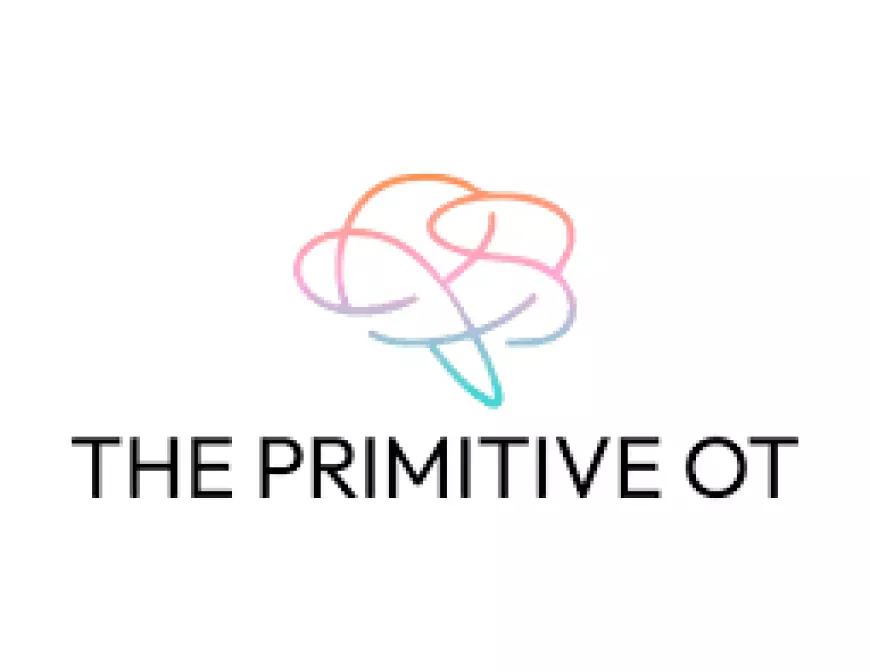Enhancing Well-being with Mental Health Occupational Therapy
This post will explore the role of mental health occupational therapy and how mental health occupational therapists contribute to the recovery process.

Mental health is a critical aspect of overall well-being. When challenges arise, support from professionals is essential in managing and improving one's mental health. Mental health occupational therapy is an effective form of treatment that helps individuals lead a more balanced and fulfilling life, even during difficult times.
This post will explore the role of mental health occupational therapy and how mental health occupational therapists contribute to the recovery process.
What is Mental Health Occupational Therapy?
Mental health occupational therapy is a specialized branch of occupational therapy that focuses on supporting individuals with mental health conditions. The goal is to enhance daily functioning and improve emotional well-being through personalized interventions. These interventions can include activities and strategies that help clients manage symptoms, develop coping skills, and improve their ability to perform tasks in daily life.
The Role of Mental Health Occupational Therapist
Mental health occupational therapists assess individuals to identify challenges they may face in their daily activities, such as work, self-care, or social interactions. By understanding the client's emotional, physical, and cognitive needs, they can create a tailored action plan.
A mental health occupational therapist works with clients on specific goals, such as improving concentration, managing anxiety, enhancing self-esteem, and regulating emotions. The therapist helps develop skills to cope with stressors and adapt to situations, empowering clients to live more independently and engage meaningfully in their routines.
Key Benefits of Mental Health Occupational Therapy
Improved Daily Functioning
Mental health occupational therapy helps individuals regain the ability to carry out everyday tasks. These tasks may range from simple chores to more complex responsibilities like work or school. By improving functional abilities, clients can lead more independent and satisfying lives.
Coping Mechanisms for Stress
Learning coping strategies for handling stress is integral to mental health occupational therapy. Therapists use evidence-based techniques to help clients identify stressors and practice mindfulness, relaxation exercises, or behavioural strategies to address these triggers.
Support with Emotional Regulation
Managing emotions can be particularly challenging for those with mental health issues. A mental health occupational therapist helps clients learn emotional regulation techniques, allowing them to recognize and manage intense feelings effectively. Through structured therapy, individuals can enhance their emotional resilience and handle difficult situations with more control.
Social Skills and Communication
Many mental health conditions can impact one's ability to communicate and engage socially. Occupational therapists work on improving social skills, helping individuals interact confidently and appropriately in various social settings. These skills are essential for forming and maintaining relationships, significantly contributing to overall mental well-being.
The Impact of Mental Health Occupational Therapy on Mental Well-being
Mental health occupational therapy is crucial in supporting individuals with various mental health challenges, such as anxiety, depression, PTSD, or bipolar disorder. By addressing the physical, cognitive, and emotional aspects of well-being, therapists help clients gain control over their lives. The therapy promotes self-confidence, enhances self-worth, and encourages individuals to participate in activities that enrich their lives actively.
Clients may also benefit from increased resilience in facing challenges and enhanced problem-solving abilities. This allows them to take on responsibilities and manage obstacles more effectively, contributing to a greater sense of achievement and overall happiness.
Final Thoughts
Mental health occupational therapy is a powerful tool for improving the lives of individuals facing mental health difficulties. With the guidance of a skilled mental health occupational therapist, clients can develop essential coping mechanisms, regulate emotions, and restore the independence needed for a fulfilling life. The therapy focuses on achieving personal goals, allowing clients to experience better mental well-being and enhanced quality of life.
What's Your Reaction?
 Like
0
Like
0
 Dislike
0
Dislike
0
 Love
0
Love
0
 Funny
0
Funny
0
 Angry
0
Angry
0
 Sad
0
Sad
0
 Wow
0
Wow
0


























































